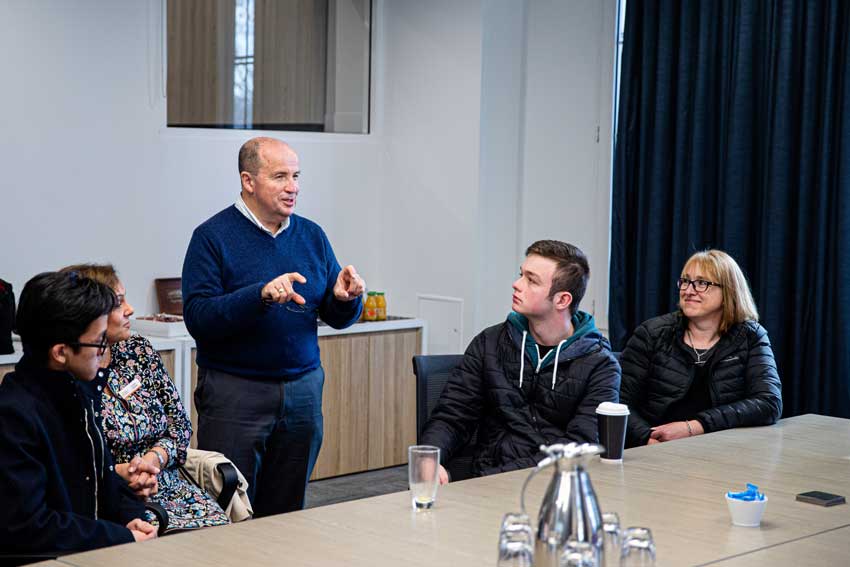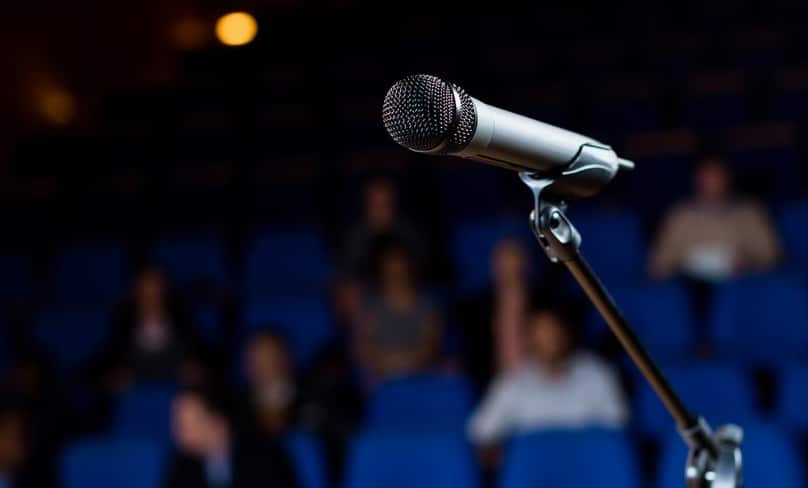
Living in a Western democracy generally assures citizens a range of rights and personal freedoms. With these, of course, come clear responsibilities.
A right that many of us are very quick to champion and defend is free speech, and we feel aggrieved if our views are restricted or not heard.
Rights and freedoms are not without limits, however.
The issue of free speech can be contentious. While many tout Voltaire’s well-worn maxim—“although I may disagree with what you say, I will defend till the death your right to say it”—as underpinning the principles of democracy, our cultural reality is somewhat different.
There is seemingly little tolerance for divergent views. We are in the age of cancel culture, characterised by an aggressive push for conformity of thought and expression.
While this has often been the lived experience in many other parts of the world, it is now on the rise in Western liberal democracies.
Simply, many have an aversion to contested ideas, preferring instead to impose their worldview and censor that of others.
They have convinced themselves that arguments are won not on the merit of the case but on who can shout the loudest or the longest, or who can silence the other.
In many societies people are afraid to speak. Personal beliefs and opinions are silenced. To speak freely risks prosecution and imprisonment, even death.
While Australians do not have fears of this magnitude, we still often experience coercion and exclusion because of the views we hold and the things we say.
Paradoxically, while some are cautious about what they say, especially to avoid causing offence, others exercise their free speech without limits.

Our rights and freedoms are intended to contribute to the common good. But this is not always the case.
Speech that vilifies others, incites violence and is vexatious in nature is an improper use of freedom.
The denigration of others, their values and beliefs, has no place in any society.
Hate speech, of course, is not a new phenomenon.
Rather, it points to the complexity of human nature and reinforces the moral fragility of all societies. All too sadly, civility and decency can quickly give way to the darker side of our natures.
Recently, the Adelaide Writers’ Festival gave a platform to two authors with a longstanding history of antisemitic statements and the vilification of Jewish people through malicious and false claims and stereotypes.
Both authors, Susan Abulhawa and Mohammed El-Kurd, have used their works, and social media to depict Israel as a pariah state and stigmatise all Jewish people, no matter where they live in the world.
The denigration of other people doesn’t always take the form of hate speech, however. Often, mockery and ridicule are downplayed as light-hearted humour.
Nothing could be further from the truth. There is nothing funny in the ridicule of others, especially when “offence” may have been the purposeful intent.
Recently, hundreds of thousands of Australians were outraged with a segment of Channel Ten’s The Project.
The crass joke of comedian Reuben Kaye offended Christians, people of other faiths, and of no faith at all.
Speech can cause offence and should never be sugar-coated as benign humour. Free speech is not a licence to insult.
I love this country and I am grateful for the freedoms that I enjoy. At the same time, I am aware of the responsibilities that accompany them.
